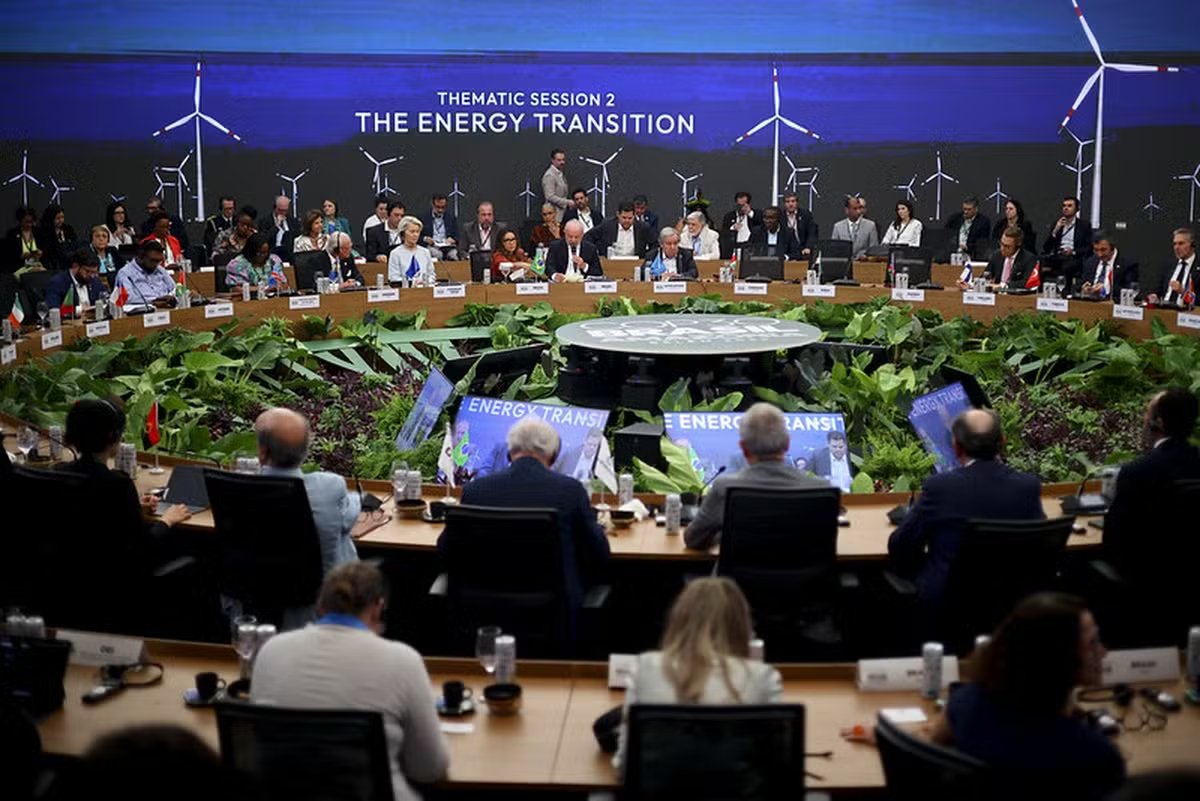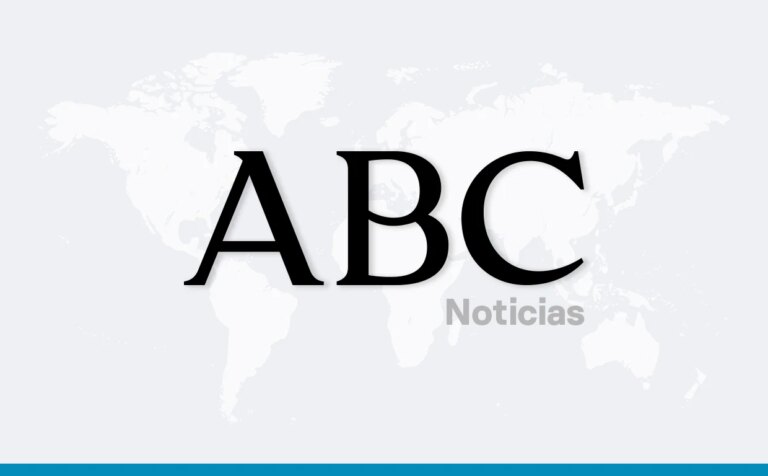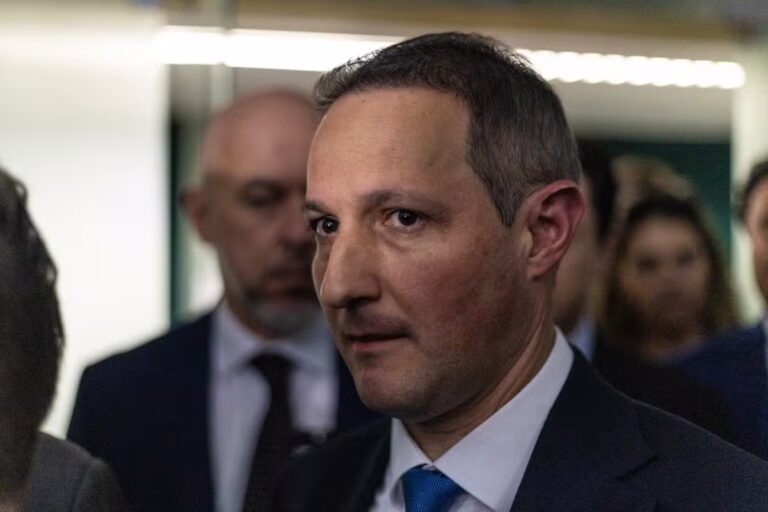
On the third day of COP30 negotiations in Belem, the mood is one of “cautious optimism”, even as the impasse that has emerged in recent days continues and new obstacles appear in negotiators’ path.
The four items missing from the official COP30 agenda continue to be taken up in consultations between the Congress Presidency and delegations, and a new impasse arose at the beginning of the talks in Belem, this time on adaptation.
While the Brazilian Presidency team speaks of a “healthy negotiating environment” and assures that such impasses always arise and are part of the process, other delegations seek to amend the mandated negotiations (negotiations that come from other COPs and are within the official agenda of the Congress). In other words, there is already a mandate to advance specific negotiations.
As with anything approved within the Treaty, consensus is required to change this obligation. This is what some groups, including African countries, are trying to do with the text on adaptation, which has been negotiated for two years and is considered a priority by the COP30 Presidency.
It establishes the creation of at least 100 indicators to measure countries’ adaptation progress. “The GGA (Global Adaptation Goals) is an obligation of this COP. Anyone who wants to oppose it will have to convince 197 countries,” explained Lilium Chagas, a diplomat who heads Brazil’s negotiating team.
— Any decision to modify or postpone this assignment must be negotiated. The game is on, it’s normal to move forward and backwards, Chagas said.
“The (adaptation) indicators are defined as global and voluntary,” the chief negotiator said. The Brazilian diplomat’s explanation seeks to overturn the position of countries currently hoping to change the document, arguing that funding is needed to adopt these forward-looking indicators.
— What we want is to have a yardstick to measure how far countries can go in adaptation. This is one of the main objectives of the Paris Agreement. Further funding is being sought that does not create debt, but metrics are important to everyone and it will be important for the process to deliver what it produces, Chagas said.
The diplomat believes that fulfilling the COP’s mandate is “a way to strengthen multilateralism and demonstrate that the climate change process remains resilient, strong and positive for everyone.”
-Brazilian negotiators stressed that Brazil wants to comply with its obligations.
The new impasse has brought the financing issue, which dominated much of COP29 in Baku, back into the spotlight. In parallel, the Brazilian Presidency is holding talks to discuss four items that have been removed from the agenda and do not yet have a clear outlook.
This new element had been proposed by a group of European Union (EU) countries, like-minded developing countries known as like-minded developing countries, African countries and small islands.
During the first two days of COP30, two meetings were held to discuss these items, lasting a combined seven hours. One of these concerns Article 9.1 of the Paris Agreement, which deals with financial flows and stipulates that developing countries, which are historically polluters of the world, must finance efforts to combat climate change.
Another section talks about NDCs (Nationally Determined Contributions that tell what countries will do to reduce emissions and what their goals are in this regard), so-called ambition targets.
These are critical to keeping global temperatures from rising by more than 1.5 degrees Celsius, the most ambitious goal of the Paris Agreement signed a decade ago. Items related to transparency reporting and unilateral trade measures are also pending.
— Everyone seems to have a very constructive atmosphere. We have good interactions and interesting discussions with observers. There is a strong belief that everyone wants to show that we are united and moving forward, and we are moving in that direction – affirmed COP30 President Andre Correa de Lago.



